With advanced industries a rising priority, attention has begun to focus on the promise of local “health IT” (HIT) clusters – clusters oriented to IT-powered health care and services. Given that promise, U.S. regions ranging from Silicon Valley and Austin to Indianapolis, Atlanta and Pittsburgh have begun to execute strategies to strengthen local HIT clusters.
Now, Nashville is getting serious about the opportunity.
Last month, Gov. Haslam and Tennessee Department Economic and Community Development Commissioner Randy Boyd joined my team from the Brookings Institution and several hundred others in discussing Brookings’ new HIT strategy report at the Nashville Technology Council’s annual meeting. And this fall, discussions will be deepening on how to follow up.
Why the excitement? It turns out Nashville concentrates nationally significant HIT assets relevant to a huge addressable market.
A national center of hospital management, Middle Tennessee possesses important expertise relevant to HIT, including in clinical care, disease management, behavioral health and wellness, diagnostic testing, data management, and the management of physician transactions. These competencies are important assets, because to win at HIT a region needs to know the business of health, not just the tech–and Nashville knows that business. Given that, my Brookings colleague Scott Andes and I see significant potential for Nashville to lead in the race to improve health solutions by taking health digital.
And yet, it won’t be easy for Nashville to prevail. For one thing, the competition is stiff, and includes some of the biggest companies and densest health-tech regions in the nation. For another, the region’s presence in the field – so strong in health care management – varies. In this regard, Nashville’s university research base lacks a heavy focus on IT, its workforce remains thin on software competencies, and the area’s emerging health-tech community has yet to fully integrate efforts to sustain small-firm growth in HIT. These weaknesses can be remedied, but it will take serious, collaborative focus – which is why our new report advanced a three-part agenda through which Nashville can strengthen its HIT ecosystem. This agenda calls for the region to:
- Expand the region’s innovation infrastructure, especially in IT
- Build the HIT skills base, with a focus on software and coding specialties
- Deepen the HIT ecosystem, including by improving links between incumbents and new entrepreneurial companies
In adopting this agenda, Middle Tennessee has an enviable opportunity to update its standing as a health care capital with new competitiveness in the exploding HIT domain. By piling onto the software and data revolution, Nashville’s powerful health-business complex has a great shot at establishing itself at the forefront of the coming wave of health care innovation.
Mark Muro is a senior fellow at the Brookings Institution and co-author, with Scott Andes, of the Brookings report “From Health Care Capital to Innovation Hub: Positioning Nashville as a Leader in Health IT.” UnitedHealth Group is a funder of Brookings’ advanced industries work and HCA Healthcare is a member of its Metropolitan Council, which provides core support that allows the Metropolitan Program to provide research and solutions to its network of cities and metros across the country.




